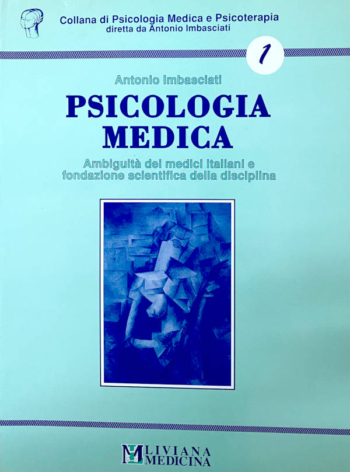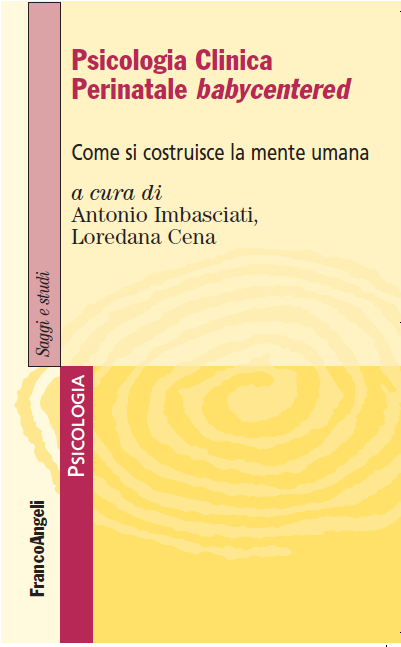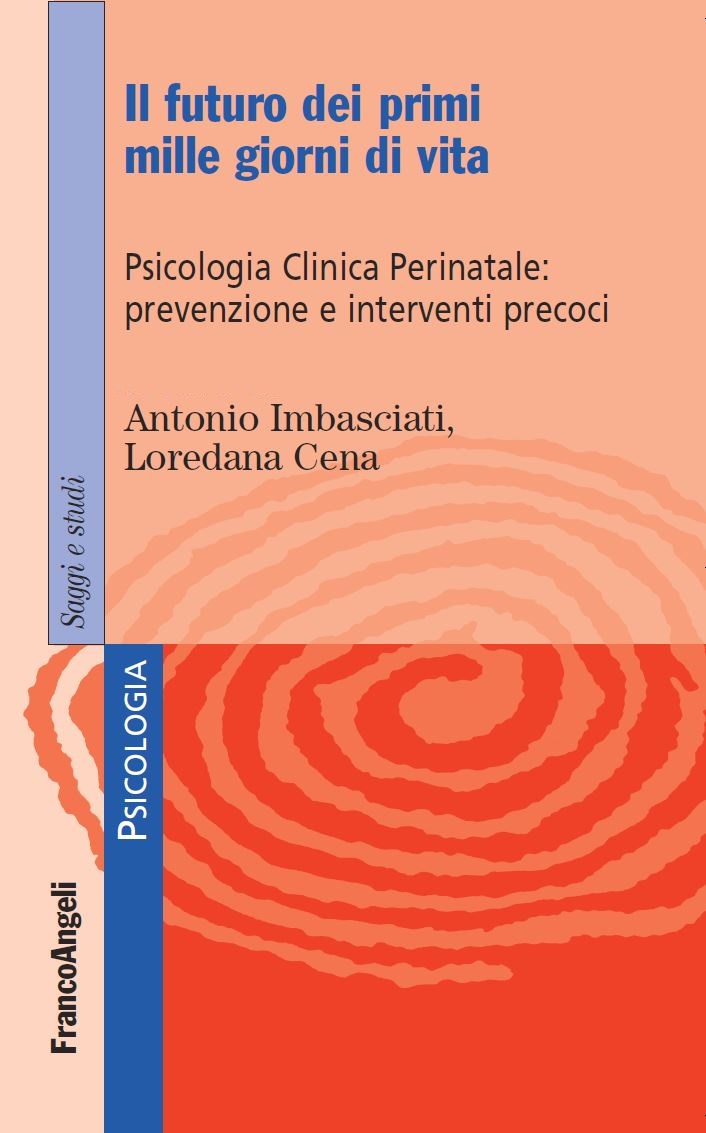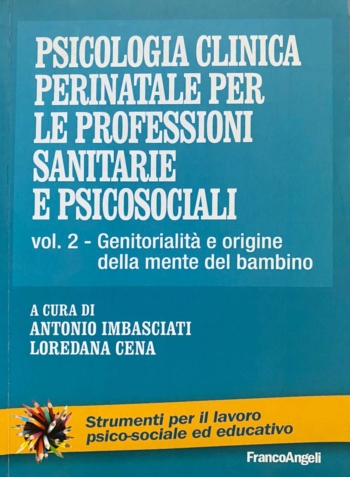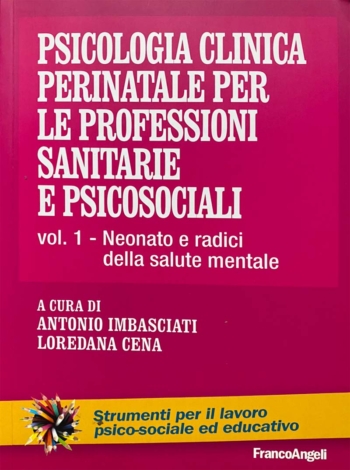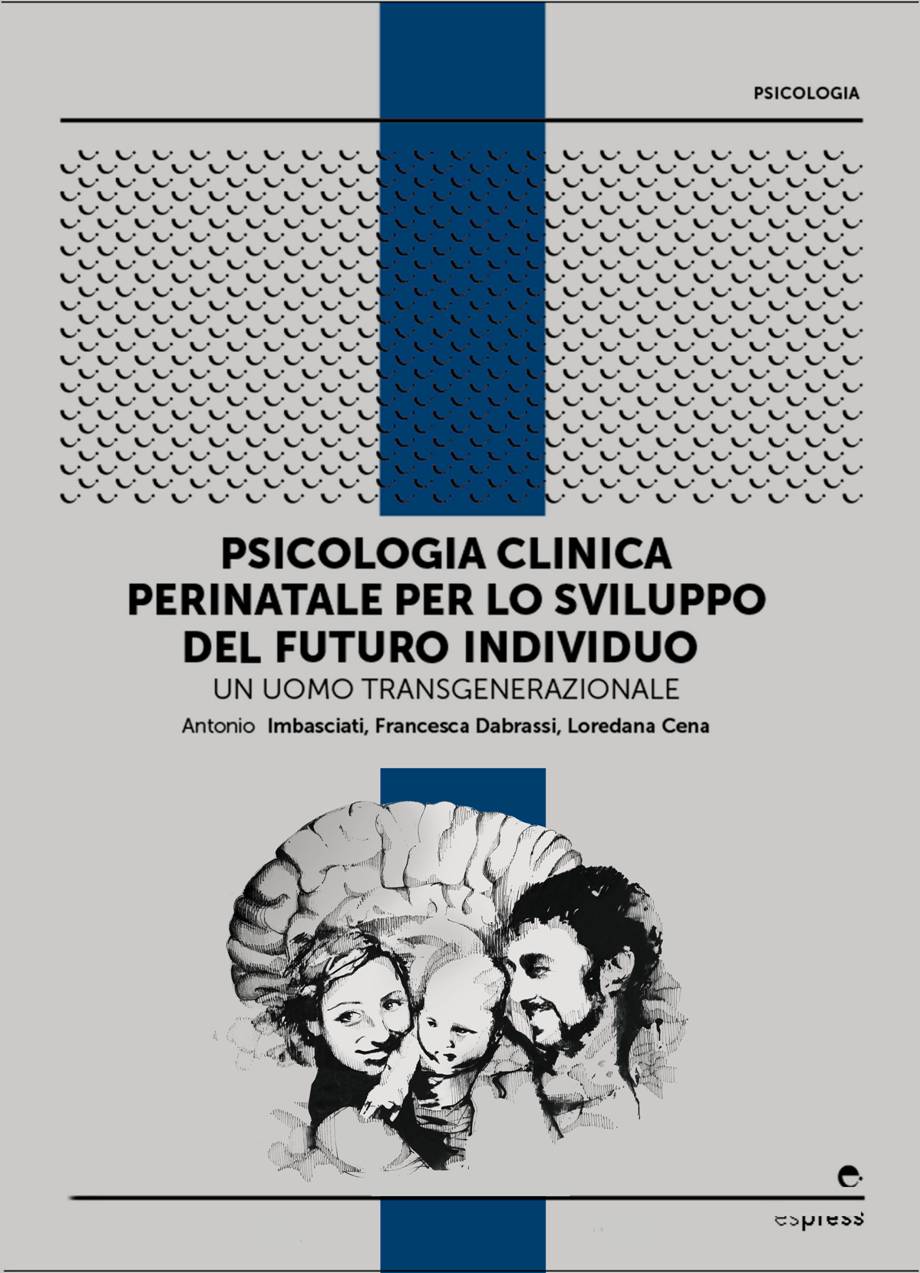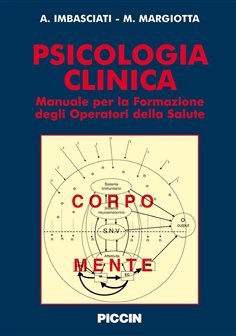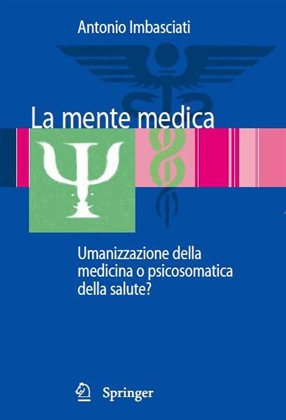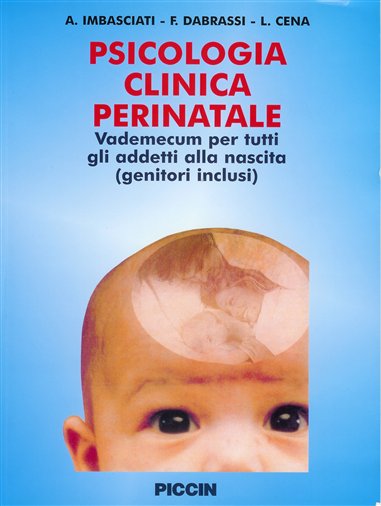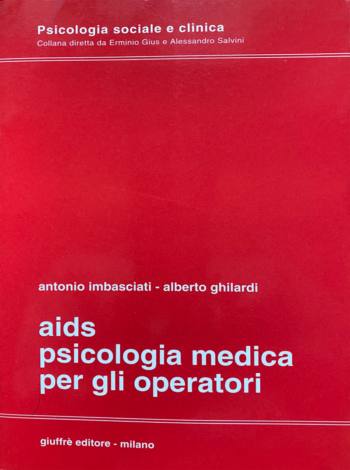Printed books
[Of the area of competence 10. Psychoanalysis and Health Organisations]For a long time in medical area “Perinatal Clinical Psychology” had the meaning of a psychological clinics in pregnant women and her puerperal period. What might happen in her baby was observed only for its clear organic pathologies: its interior vicissitudes were not known, as all scientists of the time thought it has no mental life. But nowadays Neuroscience has proven the heavy importance of its brain construction in its first neural net; and its first functioning in mental events without any consciousness.
These first neuromental structures condition the ones that are later constructed …
In the first thousand days of life, counting from conception, a first individual functional matrix – synaptic networks – is formed which will condition every subsequent elaboration of the life experiences of that individual and therefore every further construction of functionality in the individual’s brain, i.e. every subsequent neuro-psycho-somatic development of that person. This first […]
For the past twenty years the Authors developed a particular discipline they designed Perinatale Clinical Psychology from 2003: a clinical psychology applied to the vicissitudes that happen before,during and later conception, pregnancy, delivery, puerperium, breast feeding, infant care, early infancy. These vicissitudes concern the couple, the pregnant women, the mother, the family, in their growning […]
For the past twenty years the Authors developed a particular discipline they designed Perinatale Clinical Psychology from 2003: a clinical psychology applied to the vicissitudes that happen before,during and later conception, pregnancy, delivery, puerperium, breast feeding, infant care, early infancy. These vicissitudes concern the couple, the pregnant women, the mother, the family, in their growning […]
A fifty years experience in the university (student, researcher, professor, researcher trainer) witnesses a collected remembrance: the passion for scientific research and the bitterness in assisting to its slow agony, amidst the ruins of Italian University. In a short memorial, irony smooth’s sarcasm. The university full professor, named “baron”, was knocked down: this became a colossal deceit for all students. The deceit was slowly injected, like a poison, both in the students and into all the trainers of future professional men and managers, who will populate and may be govern Italy. From the accusation that the university professor was a fucked baron, the spirit became an effective fucking off for all students. (…)
Newborn neurological development doesn’t happen owing to a genetic nature, but on the basis of the specific parental-caregivers caring each baby can have. First brain (right hemisphere) is constructed on this basis and it conditioned every child learning: each first learning will conditionate the subsequent ones. In such a way individual’s mind is constructed, and each person has its specific character, personality, behaviour. Nobody has a mind equal to another one, as nobody has a brain which can be equal to another one. (…)
The progress of medicine has made the medical profession highly technical and fragmented in may different specializations, thus decreasing the spaces where a doctor can practice that human care which used to characterize his role. Complementarily, other helping professions have been enhanced, first of all nurses, and many other health graduation programmes (three- and now also five-year) have been created. The dimension of “human” care that the physician can no longer carry out is transferred to these “new doctors”. “Rehumanizing medicine” and reducing the “medicalization” of health services is a project in people talk about. (…)
Progress in medicine has made the physician’s practice more technical and has inevitably reduced the mental and operational spaces that he used to devote to the human relationship, which in the past he was able to establish with his patients. In this regard, the physician did effectively embody the Latin saying medicus ipse farmacum. Also the current medical training, with an ever increasing necessity for biological and technical knowledge and the continuous updating required in these fields, decreases the possibility for the doctor as a person to take care of the patient as a person. What Balint described in his book Doctor, patient, and illness in 1957 is a myth by now. Inevitably the organisation of hospitals and other health facilities has also become burocratic, erasing all possibility of being “humane”. (…)
Birth is the most important event in family life. Since pregnancy, worries, anxieties, joy, responsibilities take over every-day life. Midwives and pediatricians give advice, rules, prescriptions, to mothers who are in fact looking for being reassured that everything will be fine. “Is your pregnancy somewhat unusual? Doesn’t your baby move the way he is expected to? Will he be healthy?” After birth, many problems often occur: the baby won’t attach itself to th breast, the milk dries up, the baby does not eat enough or eats too much, he doesn’t sleep at the proper times. (…)
All those who practice helping professions –from social workers to physicians, from educational staff to teachers– feel that they need to have some psychological competences. But everyone believes to slightly be a psychologist. There is the idea that with good intentions and some experience, psychological competence is acquired, and that psychology is the refinement of human sensitivity. On the contrary, Psychology is part of Science today; in fact it is a group of sciences, each of them specific, with its own method, its own techniques and its own training programmes. How the required scientific formation might be acquired then? To get a Psychology degree is the main route, but some psychological competence is necessary for a variety of health professionals: physicians, nurses, physiotherapists, educational staff, social workers, midwives and a wider range of health workers operating in the health care system, education, as well as in industry and organisations. The three-year degrees, indeed numerous, that have been founded, and not only in the socio-health field, officially include in their curricula two or more psychological sciences. Among these Clinical Psychology stands out. (…)
Il testo affronta il problema della formazione necessaria agli operatori che si occupano di prevenzione dell’AIDS e di assistenza ai malati (…)
